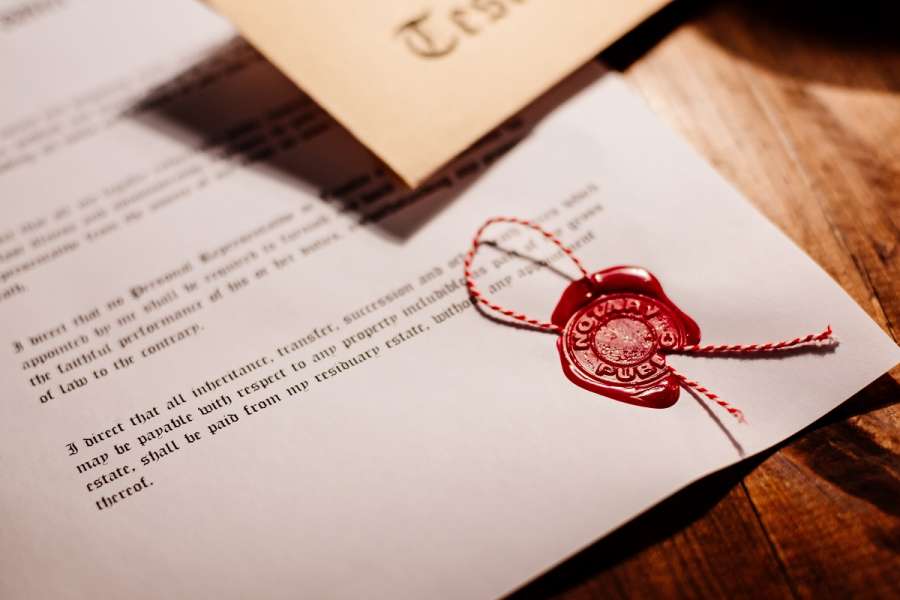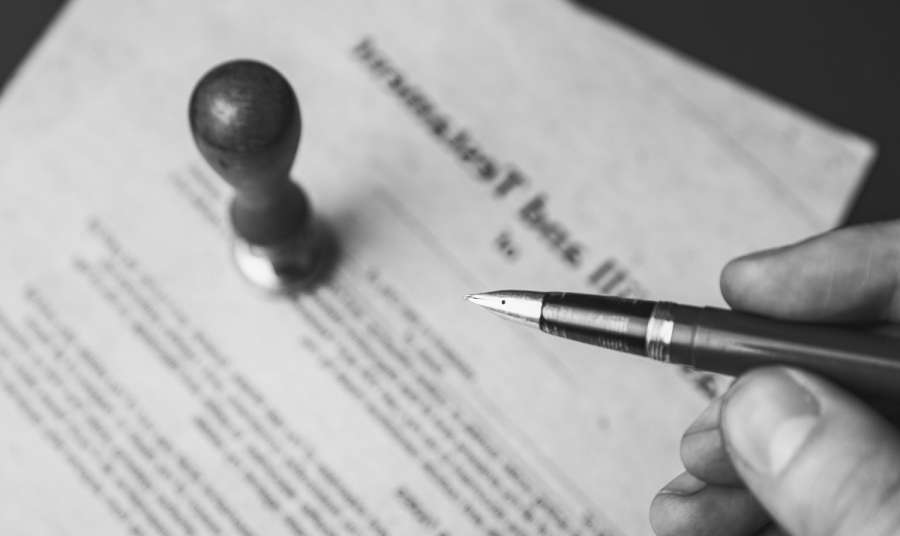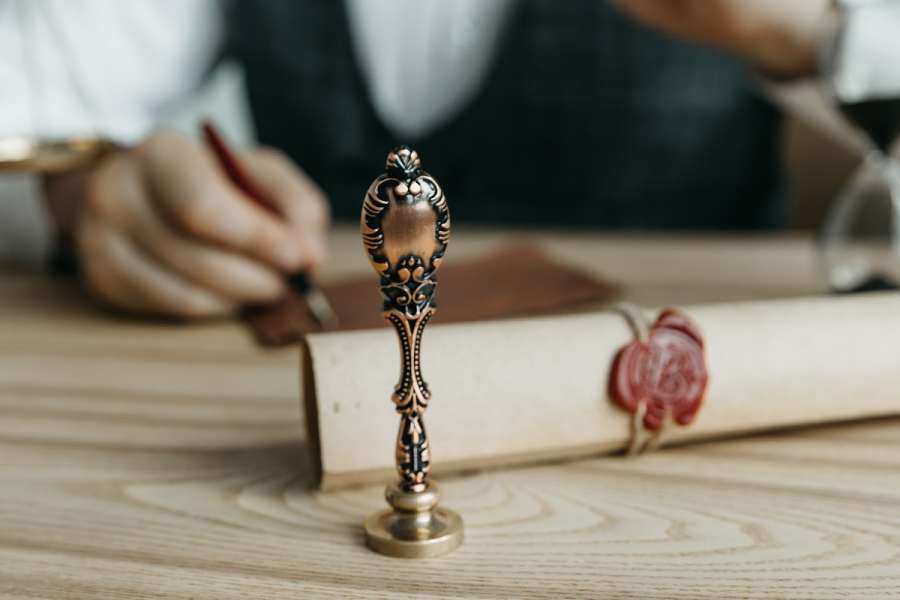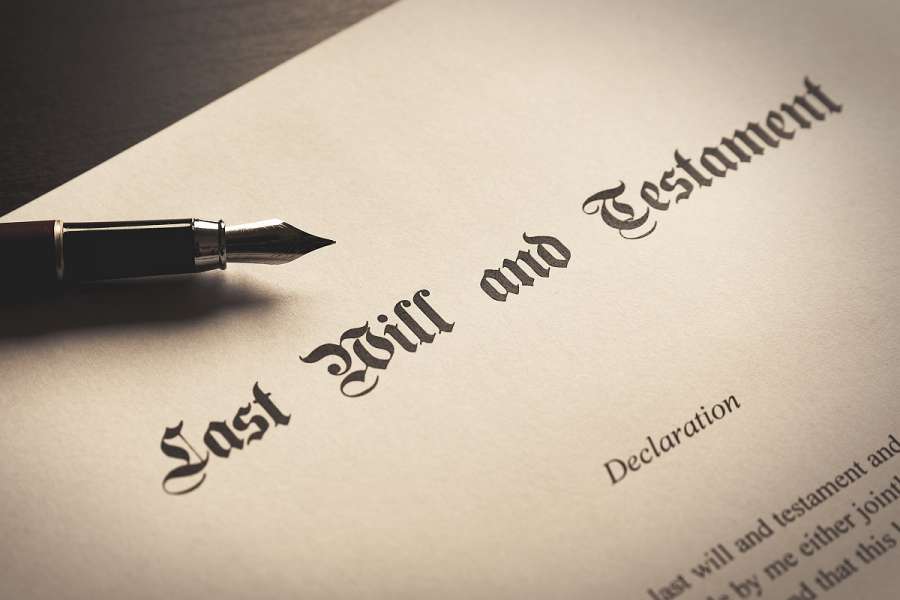A Deed of Variation can be used when a Will or intestacy produces an unfair result in the eyes of the beneficiaries.
Some examples of when this might be the case are highlighted below:
Exclusion of a family member - If the Will leaves out a child, grandchild, or a dependent whom the Deceased would have wanted to benefit. The beneficiaries can choose to redirect their own inheritance to this person, or all the beneficiaries can agree to give the person a share of their inheritance. Doing so can help avoid claims against the estate for reasonable financial provision.
Beneficiaries in need - You may not need your share of the estate, so you would like to redirect it to someone else who might be in need. It may be that you are financially stable, but a sibling is struggling.
Charitable giving - You may wish to donate part of your inheritance to charity or a cause close to your heart. In some cases, this also has tax benefits.
Balancing lifetime gifts – The deceased may have made lifetime gifts but did not manage to balance things out before death, and therefore a variation can achieve equality.






